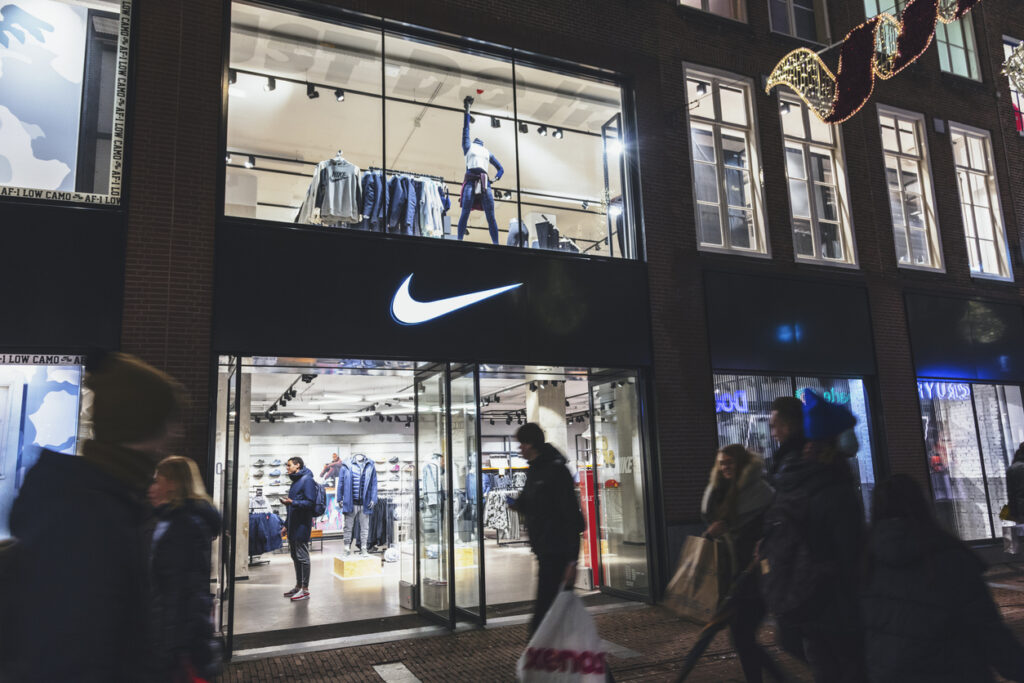There is no doubt that consumers like to feel connected to the brands they are buying. According to a recent Sproutsocial survey, 64% of consumers want brands to connect with them, and 70% feel more connected to active brands on social media. All well and good, but what do we want our brands to say?
Brands are building connections through social contact.
Instead of just treating consumer connection as a means of promotion, companies are quickly realizing they can use social contact to ensure consumer’s brand loyalty.
- Bridging divides: With 72% of people blaming the government and political leaders for dividing them, people are increasingly looking for brands to unite them. 91% believe that corporations can build bridges through social connection, and 78% want brands to help facilitate that connection.
- Social media is critical: When identifying how consumers wanted companies to connect with them, social media was first in all findings.
- Connection means loyalty: 57% of consumers will increase spending with a brand they feel connected with, and 76% will buy from them over a competitor despite the price.
- Social communication is essential: People feel closer to CEOs they see posting on social media, and 52% feel this way even when the CEO espouses beliefs they disagree with politically.
Actions speak louder than words.
With 85% of self-described liberals, 80% of moderates, and 72% of conservatives looking to brands to unite us, this is a powerful time for corporations to take a stand. Half of all consumers research what a brand stands for before they make a big purchase from them, but it’s not just enough to say the right things, Consumers are looking at corporate actions.
- Sustainability: 46% of consumers care about how companies package their products and want corporations to be open about their environmental impact and their stand on ecological issues.
- Employees: Increasingly, consumers are also looking into how corporations treat their workers and have that impact on how they spend their money. 85% of consumers said that it’s a significant consideration in their buying habits if workers are happy with their company. 57% want companies to agree with them on racial equality and witness that in their hiring practices, and 48% want an agreement on climate change and expect to see green initiatives.
- Shift: 46% of consumers looked on corporate websites for their stance on social issues, but 23% said it was unappealing for them to have one. While most consumers believed corporations played a vital part in social change, only 30 % believe this came from the CEOs instead of half who thought it’s the employees who make the difference.
What statement brands make matters.
There is no doubt consumers want brands to take stands on social issues. Most people want to know a company’s social and political beliefs. By far, Millennials make up the majority of people who have this opinion, with 60% being “belief-driven buyers.” However, people are annoyed to see branding on random social issues for the connection to matter; the company must make it clear how they connect to the message. A great example of this is how Nike showed their relationship to Colin Kaepernick’s courage, while a poor example was Gillette’s stand against toxic masculinity. In both cases, it wasn’t the stand the company took but how they connected their philosophy to what their brand’s values were.
We want our brands and corporations to take a social stand. We will forgive them for having a perspective different from us. However, we expect to see the connection between the company’s message and the brand’s values. If the brand cannot communicate this vision, then the stand will do more harm than good in the public’s eyes.











